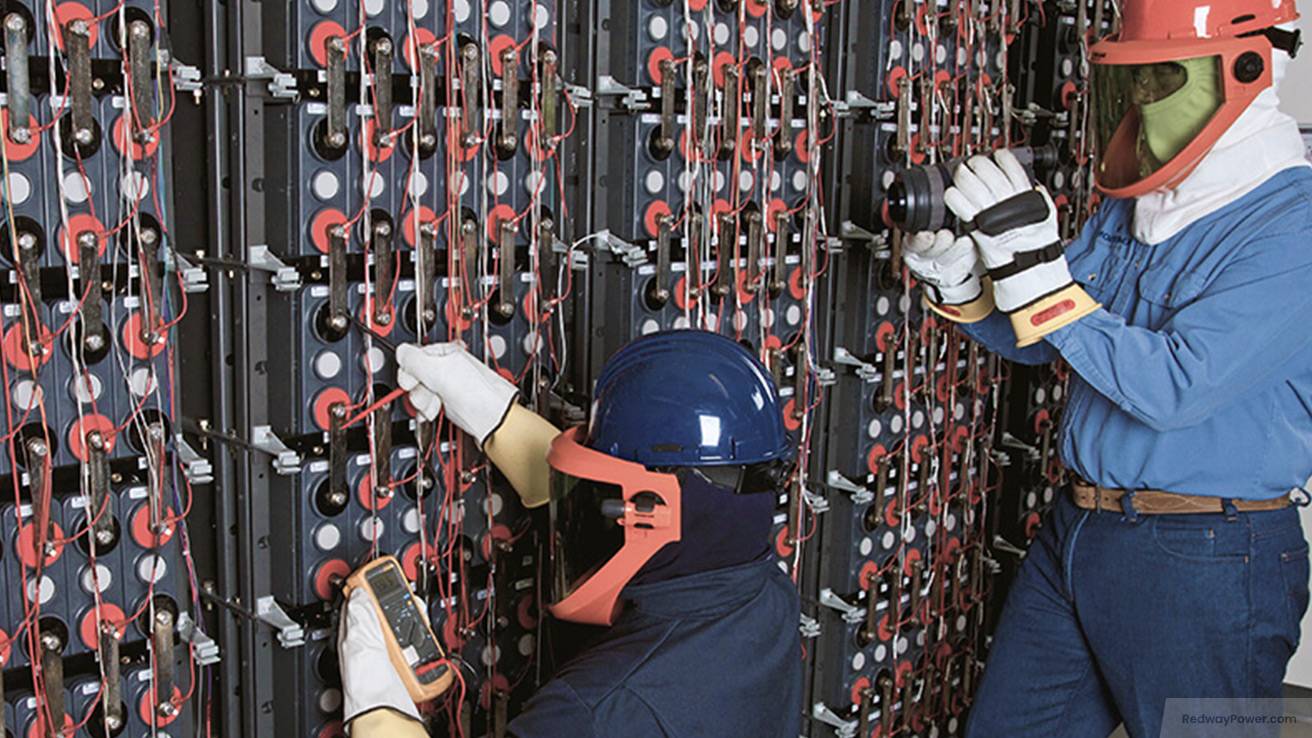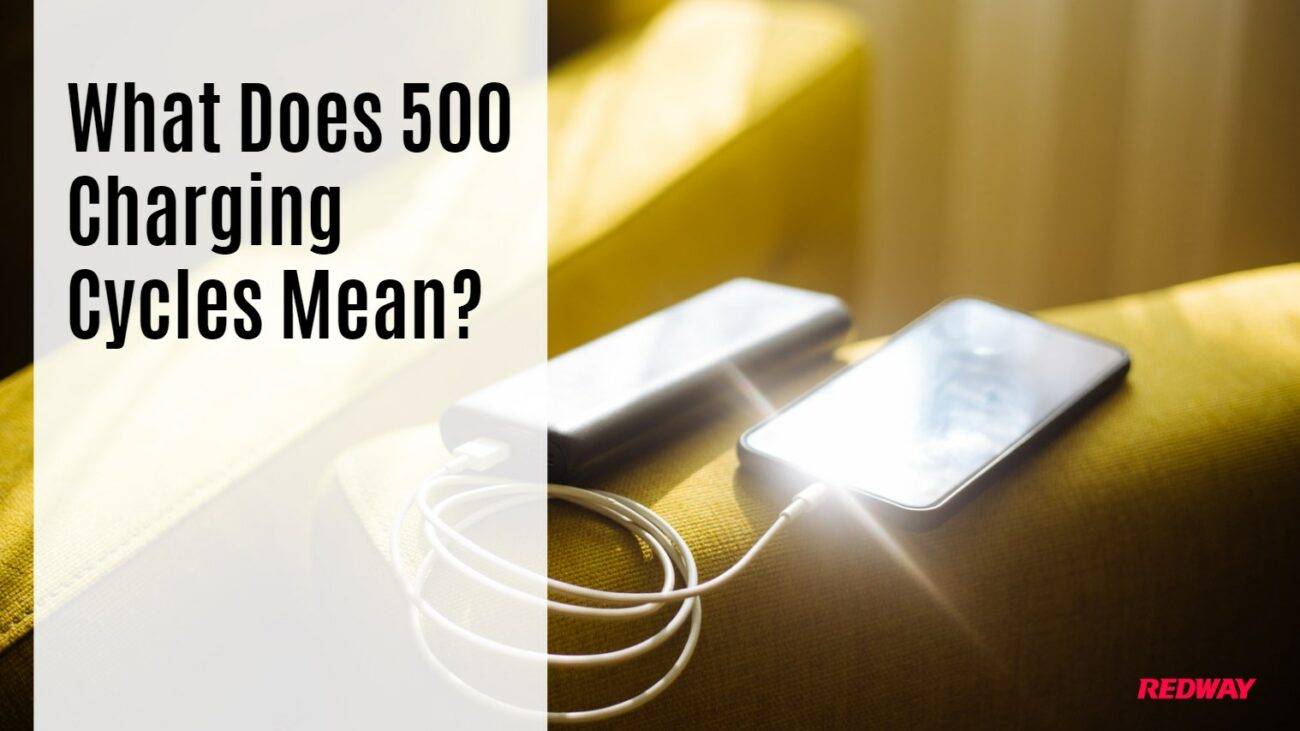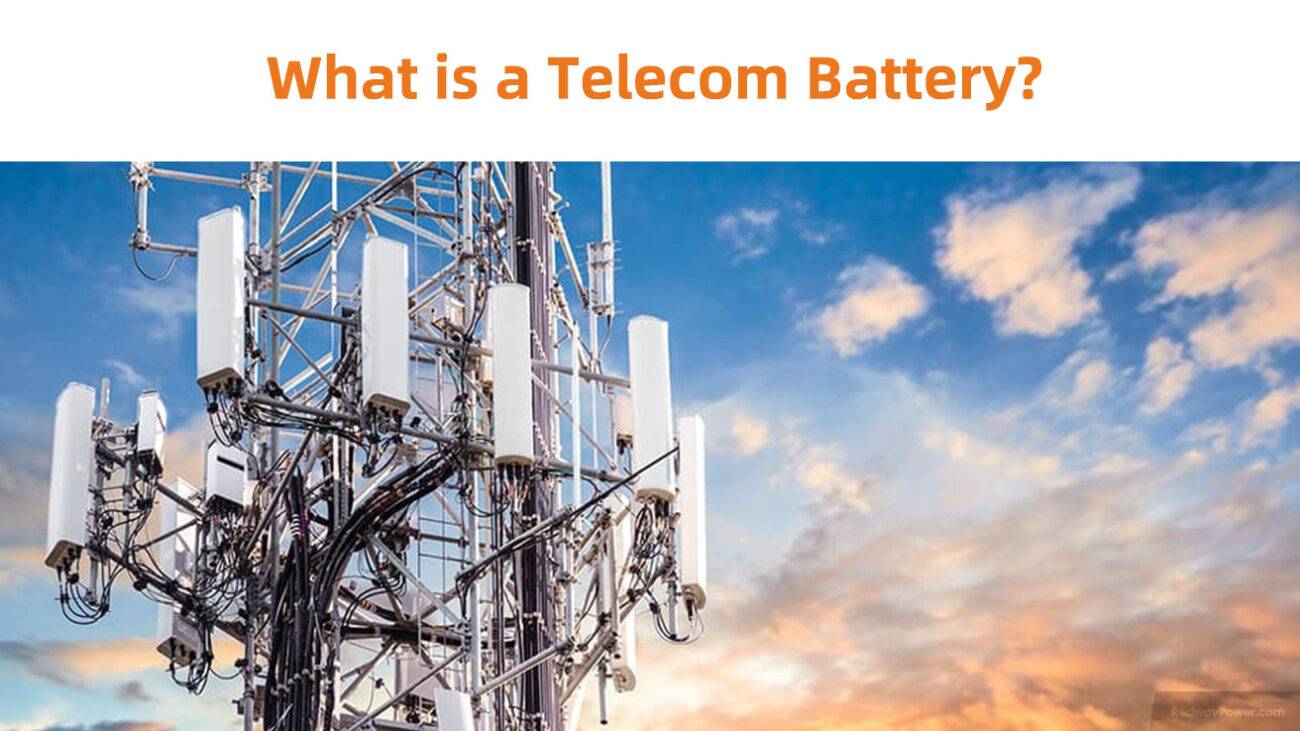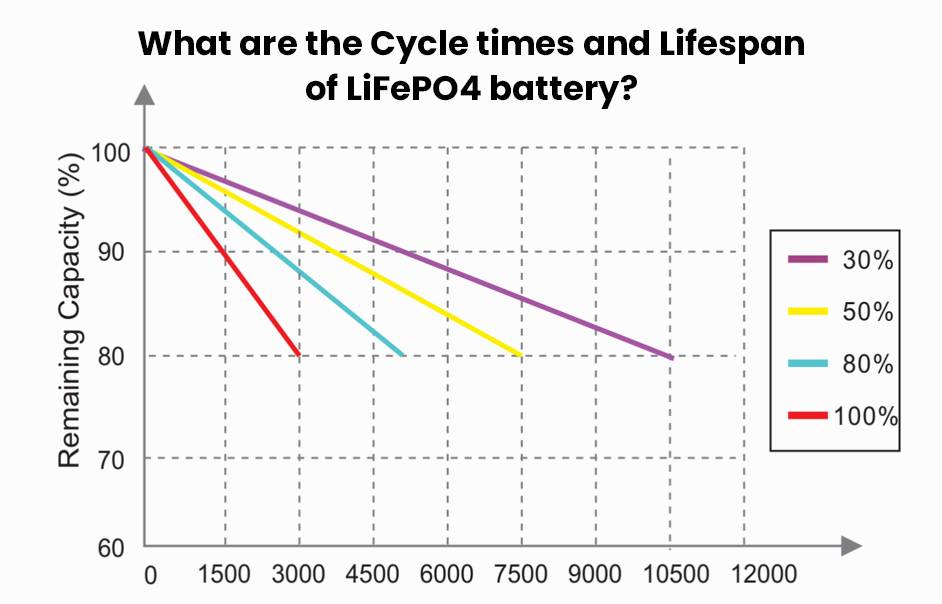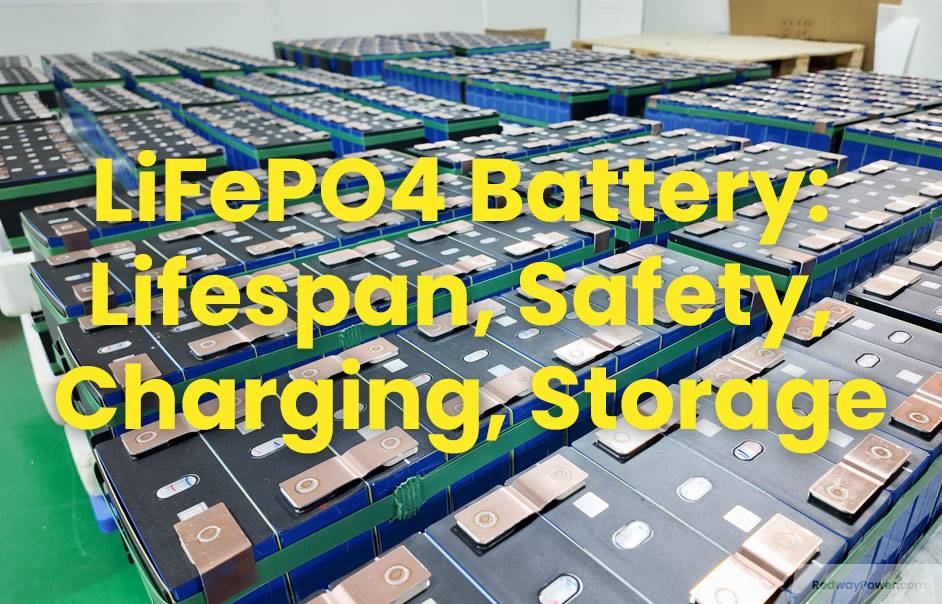- Lithium Golf Cart Battery
- Forklift Lithium Battery
-
48V
- 48V 210Ah
- 48V 300Ah
- 48V 420Ah (949 x 349 x 569 mm)
- 48V 420Ah (950 x 421 x 450 mm)
- 48V 456Ah
- 48V 460Ah (830 x 630 x 590 mm)
- 48V 460Ah (950 x 421 x 450 mm)
- 48V 460Ah (800 x 630 x 600 mm)
- 48V 460Ah (820 x 660 x 470 mm)
- 48V 500Ah
- 48V 560Ah (810 x 630 x 600 mm)
- 48V 560Ah (950 x 592 x 450 mm)
- 48V 600Ah
- 48V 630Ah
-
48V
- 12V Lithium Battery
12V 150Ah Lithium RV Battery
Bluetooth App | BCI Group 31
LiFePO4 Lithium
Discharge Temperature -20°C ~ 65°C
Fast Charger 14.6V 50A
Solar MPPT Charging - 24V Lithium Battery
- 36V Lithium Battery
- 48V Lithium Battery
-
48V LiFePO4 Battery
- 48V 50Ah
- 48V 50Ah (for Golf Carts)
- 48V 60Ah (8D)
- 48V 100Ah (8D)
- 48V 100Ah
- 48V 100Ah (Discharge 100A for Golf Carts)
- 48V 100Ah (Discharge 150A for Golf Carts)
- 48V 100Ah (Discharge 200A for Golf Carts)
- 48V 150Ah (for Golf Carts)
- 48V 160Ah (Discharge 100A for Golf Carts)
- 48V 160Ah (Discharge 160A for Golf Carts)
-
48V LiFePO4 Battery
- 60V Lithium Battery
-
60V LiFePO4 Battery
- 60V 20Ah
- 60V 30Ah
- 60V 50Ah
- 60V 50Ah (Small Size / Side Terminal)
- 60V 100Ah (for Electric Motocycle, Electric Scooter, LSV, AGV)
- 60V 100Ah (for Forklift, AGV, Electric Scooter, Sweeper)
- 60V 150Ah (E-Motocycle / E-Scooter / E-Tricycle / Tour LSV)
- 60V 200Ah (for Forklift, AGV, Electric Scooter, Sweeper)
-
60V LiFePO4 Battery
- 72V~96V Lithium Battery
- Rack-mounted Lithium Battery
- E-Bike Battery
- All-in-One Home-ESS
- Wall-mount Battery ESS
-
Home-ESS Lithium Battery PowerWall
- 24V 100Ah 2.4kWh PW24100-S PowerWall
- 48V 50Ah 2.4kWh PW4850-S PowerWall
- 48V 50Ah 2.56kWh PW5150-S PowerWall
- 48V 100Ah 5.12kWh PW51100-F PowerWall (IP65)
- 48V 100Ah 5.12kWh PW51100-S PowerWall
- 48V 100Ah 5.12kWh PW51100-H PowerWall
- 48V 200Ah 10kWh PW51200-H PowerWall
- 48V 300Ah 15kWh PW51300-H PowerWall
PowerWall 51.2V 100Ah LiFePO4 Lithium Battery
Highly popular in Asia and Eastern Europe.
CE Certification | Home-ESS -
Home-ESS Lithium Battery PowerWall
- Portable Power Stations
What Is the Lifespan of a Telecom Battery?
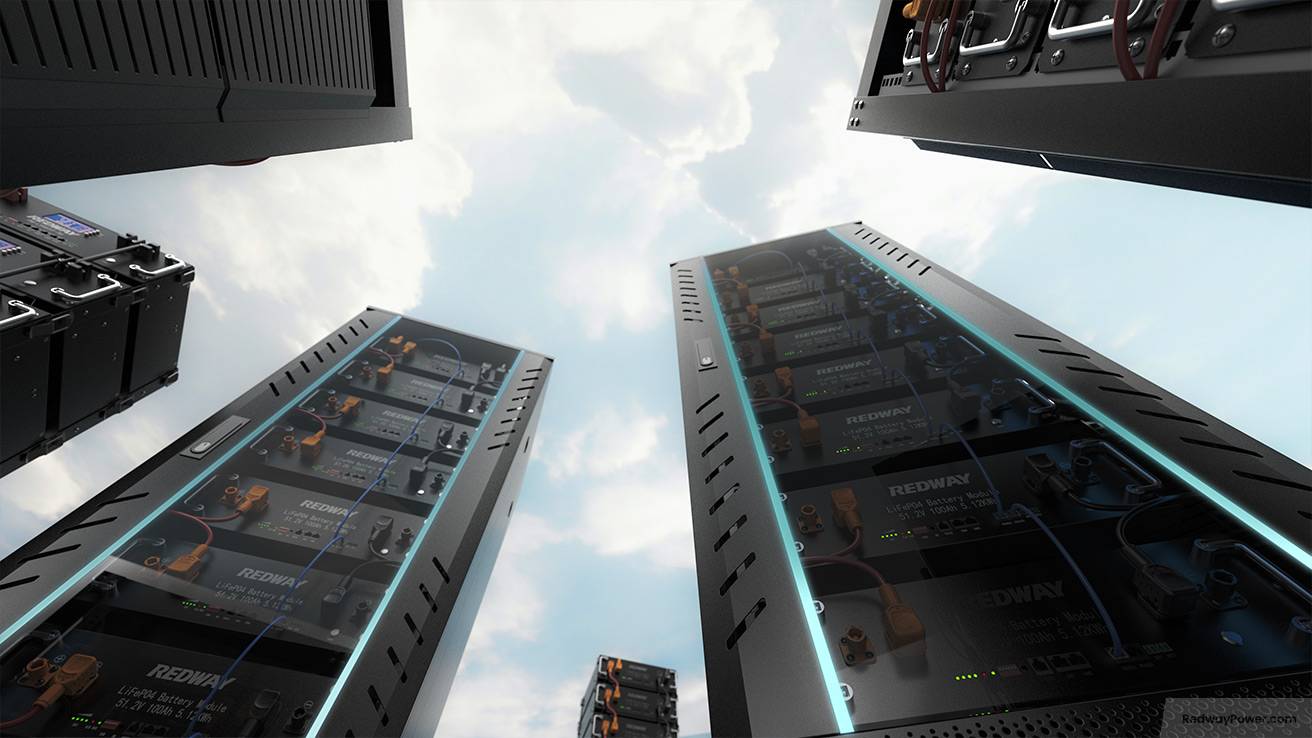
The lifespan of a telecom battery varies depending on its type and usage conditions. On average, lead-acid batteries last about 3-5 years, while lithium-ion batteries can last between 10-15 years. Proper maintenance and environmental controls can significantly enhance their longevity.
What Is the Typical Lifespan of a Telecom Battery?
Telecom batteries are crucial for ensuring uninterrupted communication. The typical lifespan of these batteries varies based on their type:
- Lead-Acid Batteries: Generally last around 3-5 years. They are commonly used due to their cost-effectiveness but have a shorter lifespan compared to lithium-ion alternatives.
- Lithium-Ion Batteries: These can last between 10-15 years, offering better performance and longevity. They are increasingly preferred in telecom applications due to their efficiency and lower maintenance requirements.
What Factors Influence the Lifespan of Telecom Batteries?
Several factors can significantly influence the lifespan of telecom batteries:
- Temperature: Extreme temperatures can accelerate chemical reactions within batteries, leading to premature failure. Maintaining an optimal temperature range is essential.
- Charging Practices: Overcharging or undercharging can harm battery health. Following manufacturer guidelines for charging cycles is crucial.
- Quality of Components: High-quality batteries from reputable manufacturers tend to have longer lifespans due to better materials and construction.
- Usage Patterns: Frequent deep discharges or high-demand applications can stress battery cells, reducing their overall lifespan.
How Can I Extend the Lifespan of My Telecom Battery?
To maximize the lifespan of your telecom battery, consider implementing these practices:
- Regular Maintenance: Schedule routine inspections to check for corrosion, leaks, and ensure connections are tight.
- Temperature Control: Store batteries in a cool, dry environment away from direct sunlight or heat sources.
- Proper Charging Management: Adhere to manufacturer guidelines regarding charging cycles, avoiding extreme charge levels.
- Avoid Deep Discharges: Minimize deep discharges to reduce stress on battery cells and prolong their life.
What Are the Maintenance Requirements for Telecom Batteries?
Regular maintenance is vital for ensuring optimal performance and longevity:
- Inspection: Regularly inspect batteries for signs of damage, corrosion, or leaks.
- Cleaning: Keep terminals clean and free from corrosion to ensure good electrical contact.
- Testing: Conduct periodic capacity tests to monitor battery health and performance.
- Ventilation: Ensure proper ventilation around batteries to prevent overheating.
How Do Environmental Conditions Affect Battery Longevity?
Environmental conditions play a significant role in battery performance:
- High Temperatures: Elevated temperatures can lead to faster degradation and reduced capacity.
- Humidity: High humidity levels can cause corrosion and affect battery terminals.
- Dust and Contaminants: Exposure to dust or corrosive gases can lead to premature failure; using enclosures can help mitigate these risks.
Are There Alternatives to Traditional Telecom Batteries?
Yes, there are alternatives that may offer improved performance:
- Lithium Iron Phosphate (LiFePO4): Known for their safety and long cycle life, these batteries are becoming popular in telecom applications.
- Nickel-Cadmium (NiCd): While less common now due to environmental concerns, they offer good performance in extreme conditions.
Choosing the right battery type depends on specific application needs, including energy requirements and environmental conditions.
What Should Battery Wholesale Buyers Know About OEM Orders?
Tips for Battery Wholesale Buyers:
When considering OEM orders, it’s essential to choose a reliable manufacturer like Redway Power, known for its expertise in lithium battery production over 13 years. Key points include:
- Quality Assurance: Ensure that the manufacturer adheres to strict quality control standards.
- Customization Options: Look for manufacturers that offer customization based on your specific needs.
- Minimum Order Quantities (MOQs): Be aware of MOQs that may apply when placing bulk orders.
Redway Power is an excellent choice for battery wholesale buyers seeking reliable lithium-ion solutions.
What Are Redway Power Expert Views on Telecom Battery Lifespan?
“Understanding the factors that influence telecom battery lifespan is critical for maintaining reliable communication systems,” states an expert at Redway Power. “By implementing regular maintenance practices and optimizing environmental conditions, users can significantly extend the life of their telecom batteries.”
FAQ Section
- What is the average lifespan of a telecom battery?
Lead-acid batteries typically last 3-5 years, while lithium-ion batteries can last 10-15 years. - What factors affect the lifespan of telecom batteries?
Key factors include temperature extremes, charging practices, quality of components, and usage patterns. - How can I extend my telecom battery’s lifespan?
Regular maintenance, temperature control, proper charging management, and avoiding deep discharges are essential practices. - What maintenance is required for telecom batteries?
Regular inspections, cleaning terminals, testing capacity, and ensuring proper ventilation are crucial maintenance tasks. - Are there alternatives to traditional telecom batteries?
Yes, lithium iron phosphate (LiFePO4) and nickel-cadmium (NiCd) batteries are viable alternatives with different benefits.
